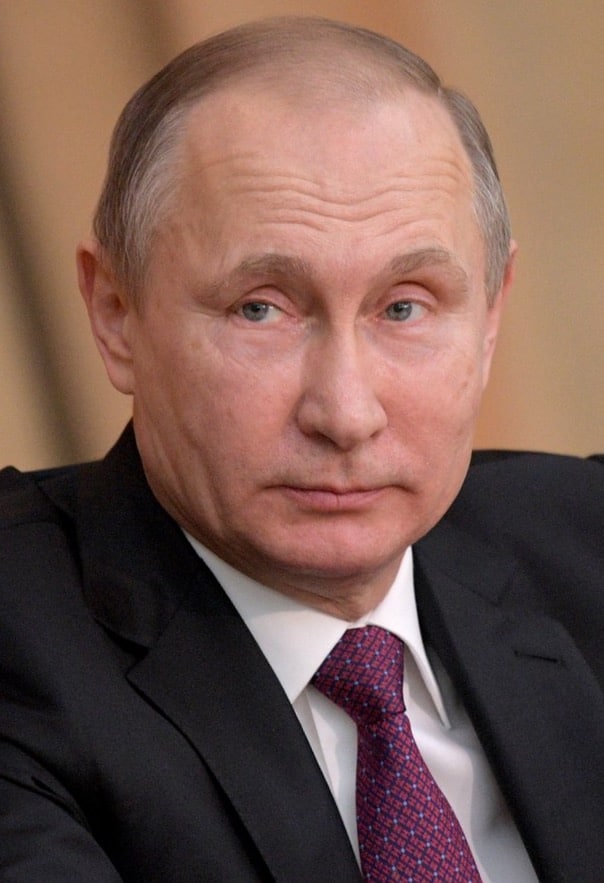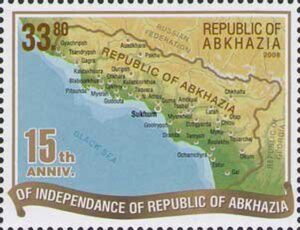Following the landslide victory in a vote on constitutional changes on the 3rd of July, Vladimir Putin enacted the constitutional provisions that would allow him to extend his term in office until 2036. As a strategy to remove presidential term limits abound, Putin settled for a proven solution: to organize a nation-wide referendum. While the official poll turnout showed a strong participation of 67.97%, with 77.92% of the voters supporting the changes, the vote results were considered a foregone conclusion by many analysts. There were no independent observers to analyze the course of the seven-day vote and the Russian constitution with the new amendments was already available in the bookshops weeks before the voting begun.
Even though more than 200 amendments were already adopted in March in both houses of the Russian Parliament, citizens were strongly encouraged by the government to go to the polls. They were offered prizes, such as apartments, cars, one off payments of 10.000 rubles (123 EUR).
A tale of populism
During the campaign on amendments, government put the spotlight on the changes which are the most attractive for the citizens. That’s where the populist slogans swiftly swooped in – and subjects like God, family and marriage – as well as promises to include support for wages and pensions made a renewed foray into the constitution. The constitution reiterates the ban on same-sex marriage, puts status of marriage as a union between a man and a woman, promotes a patriotic education and protects the “historical truth” about the Great Patriotic War (1941-1945).
When the law doesn’t rule
However, the amendment on annulling Putin’s previous presidential mandates and enabling him to remain in office until 2036 is conspicuously absent from political marketing. Other institutional changes were not present in the government campaign either. In that regard, the change on strengthening the State Council, the body that has been hardly known so far, can be vital for the political future of Russia. Currently, the State Council is an advisory body to the president which mainly has ceremonial role. Following the constitutional changes, the State Council now has an authority to set the direction of foreign, domestic and economic policy. Amendments also give the parliament greater power over the formation of the government. The president’s candidate for prime minister would need formal confirmation by the lower house of parliament, instead of the current process of giving consent. Furthermore, judges will be more dependent on the president who will be able to encourage the removal of judges of the Supreme and the Constitutional Court. The changes make it impossible for the opponent of the Russian president, Alexei Navalny, to run for the highest political position for the next 15 years, since every presidential candidate must live in Russia for at least 25 years.
“New authoritarians”
Similarly to Polish and Hungarian leaders, Putin is destroying democratic checks and balances and imposing his will on national politics. But also these “new authoritarians” – as Polish sociologist Maciej Gdula calls them – seek democratic support and take care to maintain a façade of democracy. Following the referendum results, Putin managed to enable a legal mechanism that would legitimize the continuation of his rule. The European Convention on Human Rights (ECHR) system has been trying to apply constitutional pluralism to the separation of powers, the rule of law, and human rights but the question remains as to whether the Convention will have a meaningful impact on Putin’s firm rule of Russia.
Sources: Radio Free Europe, BBC, DW, Aljazeera, CNN, N1, European Council on Foreign Affairs
Photo: Wikimedia Commons



